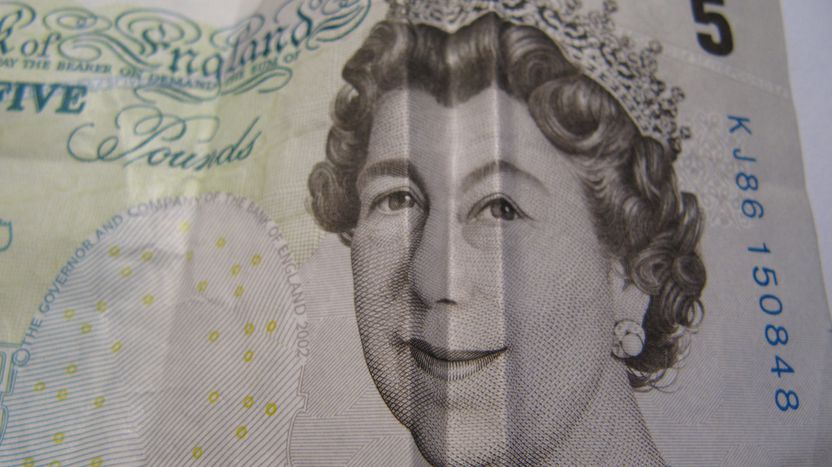
Hypocrisy in our time - MP expenses scandal
Published on
by Chris Dalby
The MP expenses scandal has succeeded in doing what years of policy announcements, Commons debates and campaign events utterly failed to: re-galvanise the British public’s interest in the political system. To hear the ways in which MPs that have been using tax money as their own piggy bank are being held to account would make the architects of democracy weep for joy.
It is all the more shameful then that this outrage rests upon a foundation of utter hypocrisy.
Mainstream media outlets have turned this into a classic fairytale: the righteous yet blissfully ignorant people abused by tyrannical overlords until one day, the storm clouds break as pitchforks and blazing torches are snatched up in the name of liberation. David Cameron has dubiously cast himself in the role of the White Knight, fighting for justice and calling for the truth to be spoken at last. Mr. Cameron is headed for victory in the upcoming European elections, and barring a stunning political comeback, seems likely to be our next Prime Minister. Many arguments can be made for or against Mr. Cameron in Downing Street but the mind boggles that he has not yet learned when to speak out or not. One of the greatest errors made by Gordon Brown and Tony Blair alike was their constant need to speak out personally in reaction to any circumstance. While a good turn of phrase is an essential weapon to a politician, and one which is firmly in Mr. Cameron’s arsenal, his forthright approach to the expenses abuses may have been ill-conceived. The desired effect of his attack on transgressors, namely to be seen as the architect of Commons reform, may have been far better served had he remained quieter, watched until the full extent of the crisis was revealed, and then come out with a full reform package which would have sailed through Parliament.
However, Mr. Cameron harmed his credibility as soon as the scandal broke when, after initially apologising and promising reform, he began a witch-hunt to expel the worst offenders. While I agree that these men and women have no place in Parliament, one wonders at simple questions not having been answered. What did Mr. Cameron know about his own MPs expenses? If he did know the systemic level of these abuses, why did he not try and put a stop to them? If he did not, he either does not care about his party’s most vital details, or he was naïve enough to be hoodwinked, hardly flattering qualities in a head of government.
In the Guardian today, Mr. Cameron issues a call to arms for new Tory candidates, saying ‘if you believe in public service, if you share our values, if you want to help us clean up politics, come and be a Conservative candidate.’ Given that the Conservative Party has, along with every other, recently shown itself to believe in the abuse of public money and to stand for corruption, nepotism and, in the case of MP Peter Viggers, a love of ducks, this call may remain a hollow one.
In the meantime though, as Labour self-destructs, as the Liberal Democrats perfect the art of useless indignation and UKIP prepares for its usual post-election Xanax, the Conservatives scarily remain the most effective voice of dissent. Mr. Cameron may well be our next Prime Minister. One just hopes the White Knight finds some principles once he ascends to the throne.



